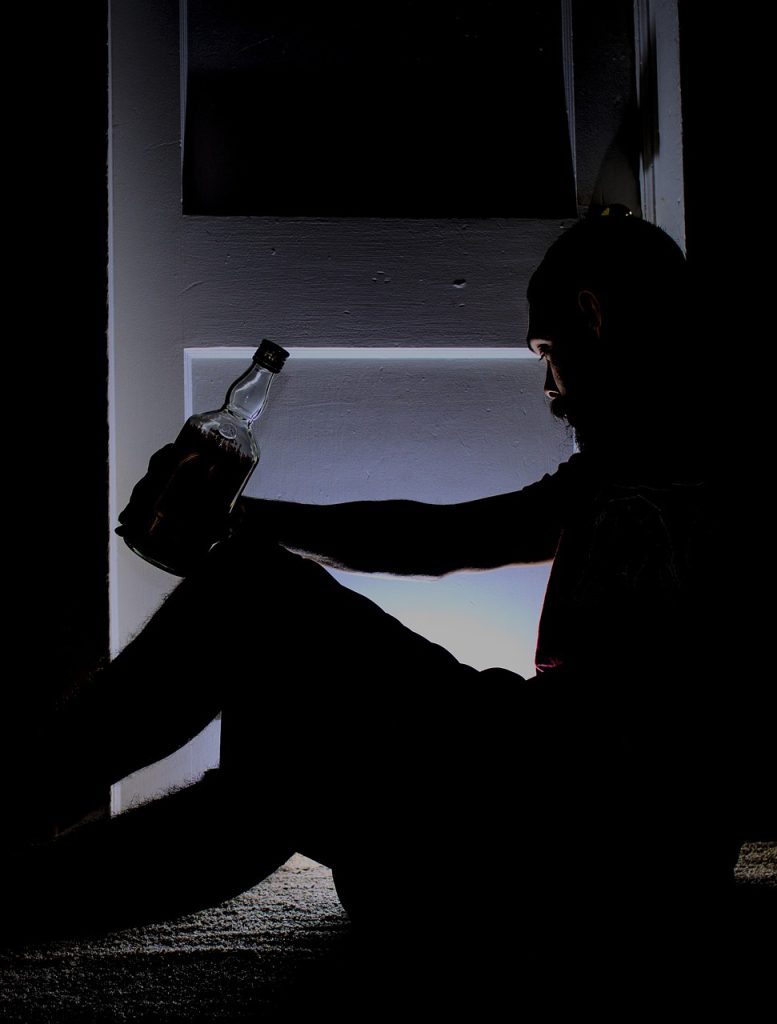Concerned about a friend?
If your friend’s drinking habits or drug use are worrying you, please feel empowered to use the following resources:
Centers, networks and other resources
Disclaimer: The information provided on this page is not intended to diagnose, treat or provide a second opinion on any health problem or disease. It is meant to support, not replace, the relationship between an individual and his/her/their clinician.


What to look for…
- Are they drinking regularly?
- How many drinks are they having in one sitting?
- Are they saying that it’s affecting their health, physical or mental? Has your friend ever received medical care for something related to drinking or drug use? Have you noticed a decline in personal health or appearance?
- Are they drinking when they are unhappy, sad, anxious, or stressed?
- Do they have a family history of alcohol or other drug abuse/addiction?
- Are their friends or loved ones expressing concern about their drinking?
- Has your friend ever been in trouble because of drinking or drug use?
Questions that can indicate other mental health or physical health concerns as well as substance use
- Has their mood or personality shifted?
- Has their appearance or hygiene changed?
- Do they smell of smoke? Do they have burns or soot on their fingers or lips? Track marks on arms or legs (or long sleeves in warm weather to hide marks)?
- Has their physical health changed?
- Are they frequently sick? Unusually tired? Sudden or dramatic weight loss or gain? Seizures or vomiting?
Talking to a friend
- It’s recommended to talk to them in a private space and when they are sober. The sooner you can arrange this after a concerning episode, the better.
- Express your concern and worry about the person. Use as many “I” statements as possible.
- Give the person a chance to answer – allow the silence to be awkward.
- Be prepared for them to deny that there is a problem.
- Let them know that they are not alone, and it’s okay to get help. Encourage them to moderate their behavior.
- Encourage your friend to consult with a professional to talk about their alcohol or substance use. Give them resources. Resources can be found at Alcohol and Other Drug Resources.

Questions to Consider Asking:
- Do you drink when you are sad, unhappy, anxious or stressed?
- If you drink, what do you do to keep yourself safe?
- Are you aware of resources to get help?
Avoid:
- Avoid accusing or arguing with them. It’s helpful to remain calm when expressing your concerns.
- Don’t lecture or moralize as this will likely elicit defensiveness.
- Avoid giving up. If your friend seems resistant, bring it up later and let them know you care about them and their safety.
Ultimately, YOU ARE NOT RESPONSIBLE if the person does not seek treatment or changes their behavior. Contact the CARE Team for a student if you have concerns about suspected alcohol or drug abuse.
Resources
COPE Network
COPE provides a variety of resources for people who use substances or have a history of using substances, as well as resources for their loved ones and the community at large. To learn about the different programs offered, check out Current programs.
Recovery Institute of Southwest Michigan
RECOVERYINSTITUTE@RECOVERYMI.ORG
Serving those with mental health and/or substance use concerns, the Recovery Institute provides group sessions, classes, one-on-one session, and social outings. The Institute is led by peers who have navigated their own mental health or substance use issues.
